Shadow of Entitlement
This is something that doesn’t really get talked about that much, because I think there’s a lot of focus on the way that men are avoidant in love and relationship. And I think the the flip side of this is we’re not really talking about the shadow of women in love and relationship which I’ve come to see as entitlement.
So where men are avoidant and get a lot of critique and get a lot of commentary and like, you know, there’s a lot of disheartened Enos, I think also when we also need to investigate the the other side, the flip side, the feminine side, like what are the women doing then? What’s happening? The men are like this, I mean, it’s obviously rooted in deep childhood programming, and relationship with the mother, and the unhealed inner boy and all of this. And then, like, what’s the feminine side? What’s the side that the women play in this as well? I don’t think this gets talked about so much.
And I think a lot of what I’ve come to see is that entitlement plays a big part in this. Entitlement also comes from like the unhealed wounds of the woman; like how her father didn’t show up, or how he did show up or you know, all of those things. Entitlement, I think it it really objectifies a man. It objectifies men into being a certain way and, and giving a certain thing, and providing a certain thing. I think it really misses the person or the capacity for a man to really show up and the truth of who he is. And he might kind of fall into the trap of like trying to please a woman because that’s, on an instinctual level, that’s what he wants. He wants to see a woman in her pleasure, like that’s instinctual. It’s just the play of man and woman. So he’s constantly trying to do that.
And if a woman’s running from her entitlement shadow, the only way that she’s going to be pleased is if he does things that she likes. And like, great, like, we’re learning each other and, you know, in a healthy relationship you learn each other and you learn what the other person wants and what the other person doesn’t want. But when the shadow of entitlement comes, it’s like: “he has to do this or I’m out.” And are we really seeing his humanity? Are we seeing the person for who he is? Like, does he truly want to give that you know?
And if he does, and that’s great! But like, Can you can you communicate what you want and have him say no, and still love him and be? Allow yourself to feel the disappointment? Can he allow you to feel disappointed and you still come into love? Or is it just like: “oh, he’s not giving me what I want?” And : “oh, he’s not doing this and he’s not doing that. And so he’s not he’s this and he’s that.”But can you really just own and express what you want? What you desire, without any attachment to him doing it, or any sense of entitlement to him doing it? And then and then if it comes from like a natural urging, or natural desire for him to give that to you, then that’s beautiful and that’s wonderful. And if it if his natural desire is not to give that to you, you have to really check in like: “okay, are we compatible? Can I still love this person? Is this person actually giving me something deeper than the my own maybe surface-level desire?
There’s all of this nuance, but I think one of the things that we have to be checked in about as women is our sense of entitlement, like the masculine or the man needs to give me this certain thing. And it’s really, like, we need to know what we want and we need to know our desires and our needs and be really clear on communicating that. But like bringing them into relationship from a place of expression and devotion, rather than entitlement and demand. That’s kind of I think, a thing that is very rarely talked about

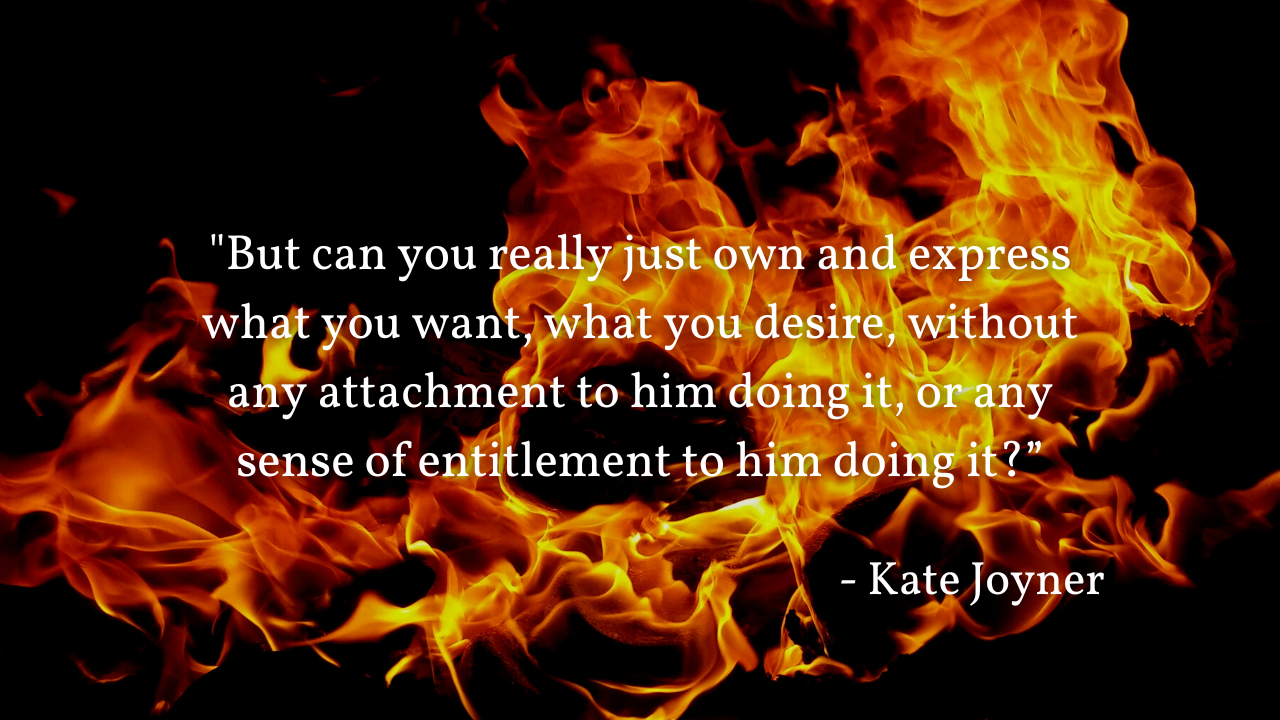
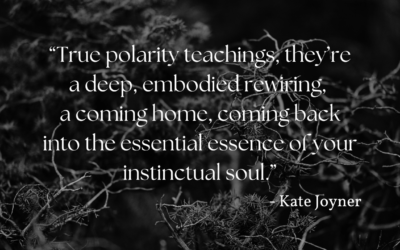
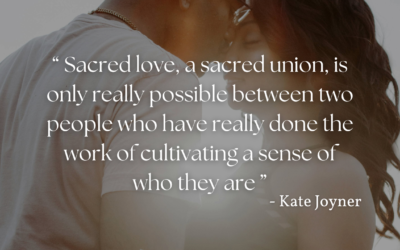
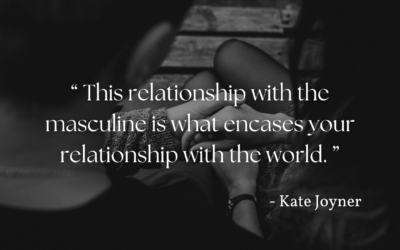
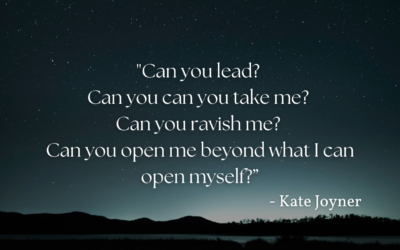
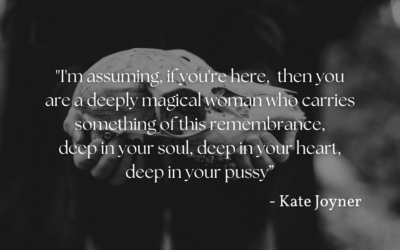
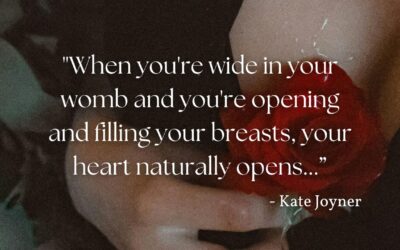
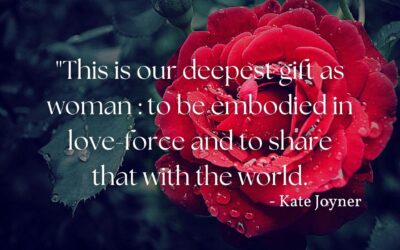
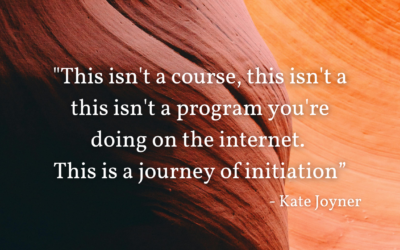
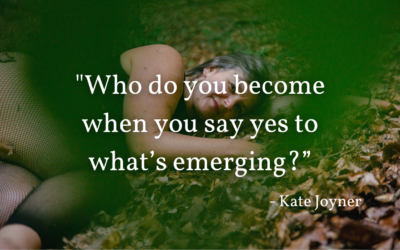

0 Comments